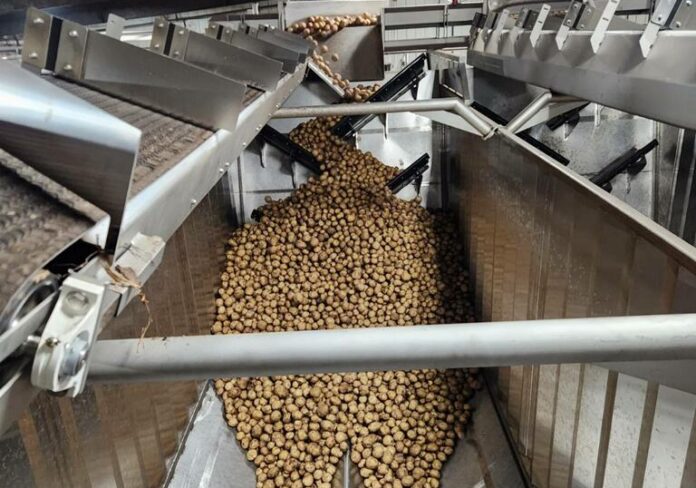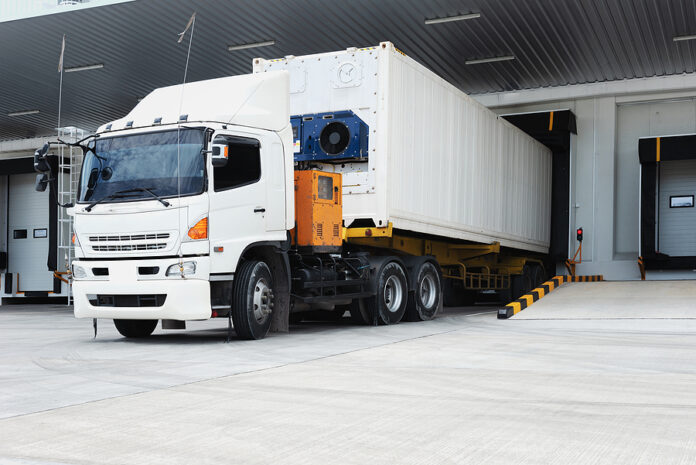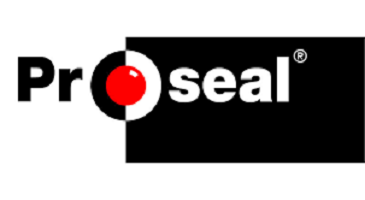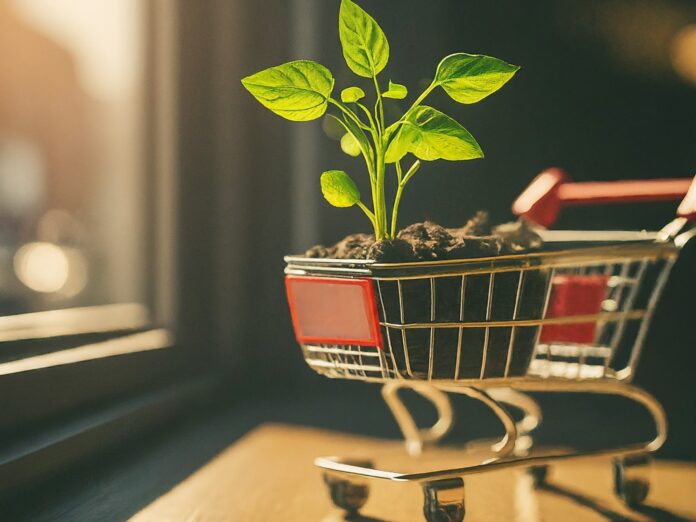
By Carl Wasinger, CEO & Founder, Smart Warehousing
Compared to standard consumer goods, specialty goods require much more attention and effort when it comes to storage and shipping. Specialty goods are items that require customized handling, and include perishable items like food and pharmaceuticals. Any mistake handling these goods can seriously jeopardize the items’ quality as well as the retailer’s reputation.
That’s why many retailers are deciding that the best way to avoid trouble could be to outsource the storage and shipping of specialty goods to third-party logistics providers (3PLs). In an era when running a supply chain is a full-time job, 3PLs provide an array of essential supply chain management services such as warehousing, transportation, order fulfillment, and inventory management.
There are instances when you may need a 3PL for your services and times when it may be more practical for you to handle the fulfillment on your own. In some cases you may even have a hard time finding a 3PL that handles your specific product, depending on its needs and requirements. With this in mind, here’s how to tell whether 3PL warehousing makes sense for your specialty business.
When to use a 3PL
Specialty goods often carry higher price tags than standard consumer goods. For instance, these goods often require higher insurance premiums to cover potential losses due to damage or theft. Small to medium-sized retailers may find it difficult to cover these added expenses while simultaneously investing in the infrastructure, technology, and personnel required for an in-house logistics operation. It might be more cost-effective to outsource warehousing to a 3PL that already possesses the necessary resources to run an efficient supply chain.
In a 3PL that is already servicing specialty goods, they likely already have the infrastructure and equipment ready. Some of the equipment needed for specialty goods can be expensive and require a high upfront investment that smaller companies can’t afford. By utilizing a 3PL, you can get access to these types of equipment and technology without the lofty investment and having to get experienced personnel to work the equipment. You can save money by cost-sharing these investments with the other businesses your 3PL works with.
Also, as your business grows, your logistics requirements may become more complex. 3PLs will already have this scalability built into their business model, so you could gradually expand your product line or your customer base without having to consistently invest in more warehouse space and logistics infrastructure.
To that end, reputable 3PLs typically have multiple warehouses located all over the United States, allowing you to store your specialty goods in proximity to the homes of your customers. In addition to lowering shipping costs, you’d be able to deliver your items as quickly as possible and maximize customer satisfaction. Partnering with a 3PL could be a wise choice if your customers value convenience as much as an item’s quality.
Lastly, many retailers simply don’t have the time to personally ensure the safety and quality of their items throughout each stage of the supply chain. With your new partner doing all the heavy lifting, you can focus entirely on growing your organization and figuring out new ways to improve customer experience even further.
When to do it yourself
Of course, there are also times when it might be better for you to keep your warehousing and logistics in-house. Some 3PLs won’t handle certain goods like wine, pharmaceuticals, or hazardous materials due to the extra certifications and precautions that come with those specialty products. 3PLs that do, may have additional fees to handle specialty products. It is also a good idea to check on minimums either by order volume or monthly fees.
Every 3PL is different and so is their experience. If your product requires special handling and packaging, it is important that you find a 3PL that has experience in those unique needs and has the ability to handle them. If you can’t find a 3PL that does, this may be a sign to handle your fulfillment and storage needs yourself to ensure your product is handled appropriately. So if you prefer to control all aspects of your supply chain, a 3PL may not be the best route or it may be more difficult to find a provider who is operationally aligned with your expectations.
What to look for in a 3PL
If you decide that a 3PL makes sense for your business, the next step is finding a partner that’s ready to meet your specific needs. This can be difficult now that more and more 3PLs are popping up left and right. To simplify this process, here are a few key characteristics specialty goods retailers should look for in a 3PL.
Experience with your industry
The right 3PL for your business will possess references from satisfied customers in your industry. A 3PL that has handled items like yours is probably very familiar with the challenges that accommodate them. Odds are, this 3PL wouldn’t have amassed such a positive reputation without proving its ability to handle these challenges with flying colors time and time again.
Proximity to your customers
If your items are highly fragile or perishable, you’ll want to have as little time as possible between shipment and delivery in order to minimize the risk of damage. So, when shopping for 3PLs, ask each potential partner about the exact locations of their warehouses. Will working with this 3PL put you geographically closer to the majority of your customers? You should also make sure the 3PL’s other warehouses are close to other locations containing your potential customers as well.
Customer service protocols
You can’t blame specialty goods retailers for being particularly apprehensive about outsourcing logistics. A good 3PL will anticipate this apprehension and be fully prepared to field your questions and concerns at any given time. How? By assigning you a designated point of contact who will always be available to respond to your communications and work with you to resolve unforeseen issues. It’s the 3PLs job to earn your trust by displaying full transparency regarding the treatment and processing of your items.
Final thoughts
As you can see, choosing the right 3PL is really about determining whether a potential partner is sufficiently equipped to preserve the quality and safety of your items. Once you’ve checked all the boxes, your new partner could be the missing factor that assures your future success.
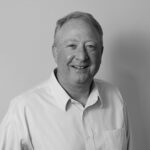 Carl Wasinger has led Smart Warehousing since 2001 and spent his entire career in the logistics, warehousing, and fulfillment space, from working the warehouse floor to CEO and founder. He is a logistics management and operations veteran, actively leading the business to its next phase of growth.
Carl Wasinger has led Smart Warehousing since 2001 and spent his entire career in the logistics, warehousing, and fulfillment space, from working the warehouse floor to CEO and founder. He is a logistics management and operations veteran, actively leading the business to its next phase of growth.

Credit: Source link


